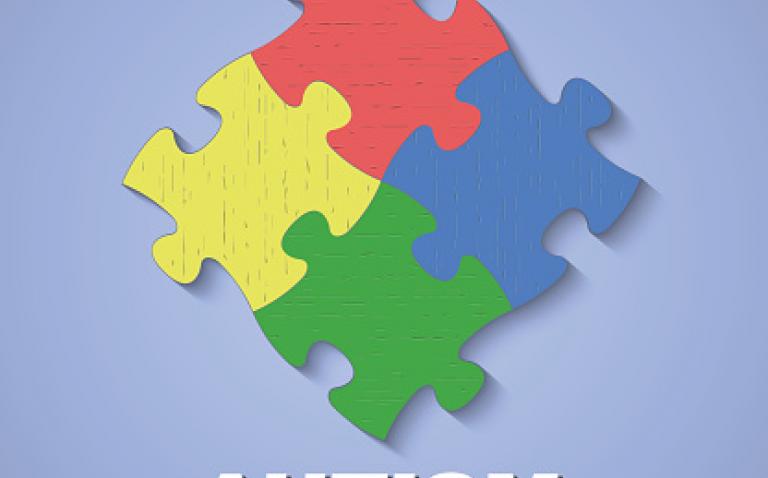A new Scottish national clinical guideline’s recommendations reflect the growing body of evidence that autism spectrum disorders (ASD) affects boys and girls equally, and can present across all ages.
ASD covers conditions termed autism, atypical autism and Asperger’s syndrome. These are complex developmental disorders that include a range of possible developmental impairments in reciprocal social interaction and communication, and also a stereotyped, repetitive or limited, behavioural repertoire. Manifestations range from subtle problems of understanding and impaired social function to severe disabilities.
The prevalence of ASD in children and adults is around 1% of the population in the UK. Currently ASD is recognised more commonly in boys than girls, at a ratio of approximately 4:1. There is an increasing understanding that autism spectrum disorder is a lifelong condition in which the core features persist whilst manifesting differently according to different age stages. Depending on the severity of autistic difficulties, ASD may not be evident as a presentation until adulthood, but may also be underdiagnosed due to coexisting conditions, family support or masking of symptoms.
The guideline addresses the current challenges that healthcare professionals face with ASD:
• the identification of symptoms of ASD in females, who may present differently to males,
• the recognition of signs and symptoms of ASD in adults, who may not have previously been considered for diagnosis,
• the recognition that ASD presents across all ages, including first time presentations in older adults (over 65).
The guideline – entitled ‘SIGN 145: Assessment, diagnosis and interventions for autism spectrum disorders’ – is based upon a review of the best available evidence, and is an update of a previous guideline from 2007, SIGN 98, which solely covered children and young people. It is hoped that the update will reduce variations in practice and improve services for people of all ages with ASD.
Speaking of the guideline, Dr Iain McClure, consultant child and adolescent psychiatrist for NHS Lothian and Chair of the Guideline Development Group, said: “We know that prompt diagnosis and appropriate intervention, specialised educational programmes, and structured support may help a person with ASD maximise his or her potential. We believe that use of this guideline by healthcare professionals will help ensure the most effective diagnosis and care for people with ASD, no matter which gender or at what age they present.”
Sara Twaddle, Director of Evidence for Healthcare Improvement Scotland, said: “This guideline meets the need for recommendations on diagnosis and treatment which reflect the whole age range of people with ASD. The inclusion of adults is in response to the increasing understanding that ASD is a lifelong condition in which the core features persist whilst manifesting differently according to different age stages. Moreover, we know that the number of females presenting with ASD is consistently under-reported due to misdiagnosis. We would encourage all healthcare professionals to use this guideline to help ensure the best care and support possible for anyone with ASD.”










